FTC Challenges Court Ruling On Microsoft's Activision Blizzard Acquisition

Table of Contents
The FTC's Arguments Against the Merger
The FTC's core argument centers on the belief that the Microsoft-Activision Blizzard merger would create an anti-competitive environment within the gaming industry. This concern stems from several key issues.
Concerns about Anti-Competitive Practices
The FTC argues the merger would grant Microsoft undue control over key gaming titles, most notably Call of Duty, potentially leading to several negative consequences for consumers. This dominance could stifle competition and innovation, ultimately hurting gamers.
- Reduced competition in the console market: Microsoft's acquisition of Activision Blizzard would significantly increase its market share, potentially reducing competition from Sony and other players.
- Potential for exclusive content on Xbox platforms: The FTC worries that Microsoft could make popular Activision Blizzard titles, like Call of Duty, exclusive or near-exclusive to Xbox consoles and its Game Pass subscription service, limiting consumer choice.
- Increased barriers to entry for smaller game developers: A larger, more powerful Microsoft could make it harder for smaller, independent game developers to compete, potentially hindering innovation and diversity within the gaming landscape.
- Concerns about data access and privacy: The merger raises concerns about the increased amount of user data Microsoft would control, potentially leading to privacy concerns and data exploitation.
Failure of the Initial Ruling
The FTC contends that the initial court ruling failed to adequately consider the potential long-term anti-competitive effects of the merger, particularly concerning cloud gaming.
- Insufficient consideration of long-term market impact: The FTC believes the court focused too heavily on short-term benefits, neglecting the potential for long-term harm to competition and innovation in the evolving cloud gaming market.
- Alleged flaws in the court's assessment of market dynamics: The FTC argues the court's assessment of the market dynamics didn't fully account for the rapid growth and evolving nature of the cloud gaming sector, and its potential influence.
- Focus on near-term benefits, neglecting long-term implications: The FTC believes the initial ruling prioritized immediate economic gains over the potential for long-term damage to competition and consumer choice in the gaming industry.
Microsoft's Response and Defense
Microsoft has vigorously defended the acquisition, arguing that it will benefit consumers and promote competition.
Claims of Pro-Competitive Benefits
Microsoft counters the FTC's claims by emphasizing the potential benefits of the merger.
- Plans to bring Call of Duty to more platforms, including Nintendo Switch: Microsoft has pledged to continue releasing Call of Duty on multiple platforms, including the Nintendo Switch, to address concerns about exclusivity.
- Investment in game development and infrastructure: Microsoft insists it will invest heavily in game development and infrastructure, improving the overall gaming experience for consumers.
- Creation of new opportunities for game developers: The merger, Microsoft argues, will create new opportunities for game developers to reach a wider audience and collaborate on larger projects.
Addressing FTC Concerns
Microsoft has attempted to address the FTC's concerns by offering concessions.
- Long-term licensing agreements to ensure availability on competing platforms: Microsoft has proposed long-term licensing agreements to ensure Call of Duty remains available on competing platforms like PlayStation.
- Commitments to maintain fair pricing and access for gamers: Microsoft has committed to maintaining fair pricing and equitable access to its games for all consumers, regardless of platform.
- Efforts to maintain a competitive gaming environment: Microsoft claims its actions are designed to foster a competitive and innovative gaming market.
Implications for the Gaming Industry and Consumers
The FTC's challenge holds significant implications for both the gaming industry and consumers.
Potential Impact on Game Pricing and Availability
The outcome of the FTC's challenge could dramatically alter the gaming landscape.
- Potential for price increases if Microsoft gains excessive market power: Increased market dominance could lead to higher prices for games and gaming subscriptions.
- The possibility of limited availability of popular titles on competitor platforms: Exclusivity deals could restrict the availability of popular games on competing platforms, limiting consumer choice.
- Influence on the choices available to consumers in terms of games and gaming platforms: The merger's outcome will significantly impact the variety and accessibility of games available to consumers across different gaming platforms.
Future of Antitrust Regulation in the Tech Sector
This case sets a crucial precedent for future antitrust cases involving tech mergers and acquisitions.
- Increased scrutiny of large tech mergers and acquisitions: The FTC's challenge indicates a greater level of scrutiny for future large tech mergers, particularly within the rapidly evolving gaming industry.
- Potential for stricter regulations and enforcement: This case could lead to stricter regulations and more aggressive enforcement of antitrust laws in the tech sector.
- Shifting dynamics in the regulatory landscape for technology companies: The outcome will significantly impact the regulatory landscape for large technology companies, potentially altering how mergers and acquisitions are evaluated.
Conclusion
The FTC's challenge to the Microsoft-Activision Blizzard acquisition is a significant development with far-reaching consequences for the gaming industry and antitrust law. The outcome will shape the future of competition in the gaming market and set a precedent for how regulators approach similar mega-mergers in the tech sector. The ongoing legal battle highlights the complexities of balancing innovation and market dominance. Closely following the developments in this case is crucial for understanding the evolving dynamics of the gaming industry and the implications for consumers. Stay informed about the FTC's challenge to the Microsoft Activision Blizzard acquisition and its potential impact on the future of gaming. Understanding the complexities surrounding this merger is vital, so keep following the developments in this crucial antitrust case.

Featured Posts
-
 Kuxiu Solid State Power Bank Review Is The Premium Price Worth The Extended Lifespan
Apr 28, 2025
Kuxiu Solid State Power Bank Review Is The Premium Price Worth The Extended Lifespan
Apr 28, 2025 -
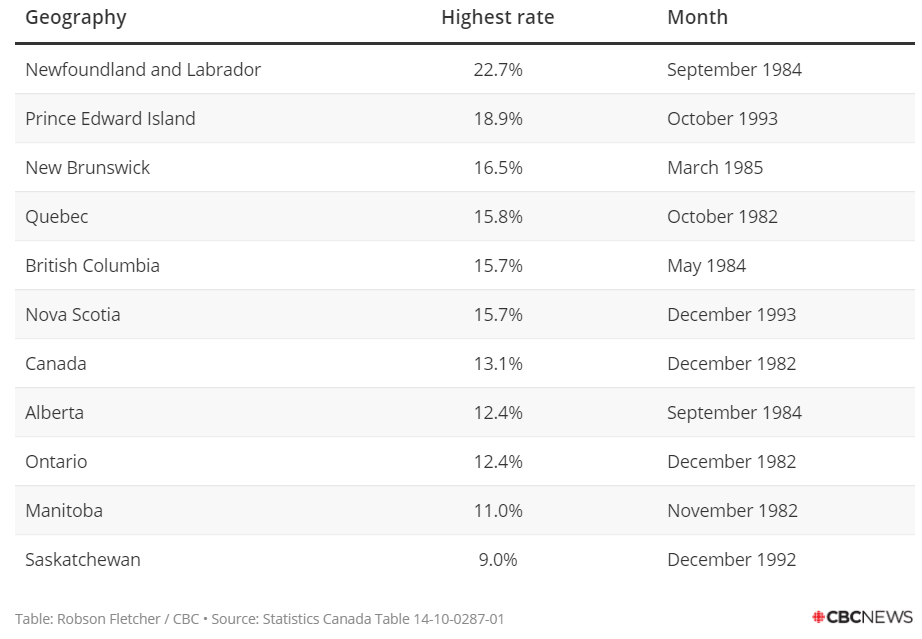 Alberta Faces Economic Setback Dow Megaproject Delayed Due To Tariffs
Apr 28, 2025
Alberta Faces Economic Setback Dow Megaproject Delayed Due To Tariffs
Apr 28, 2025 -
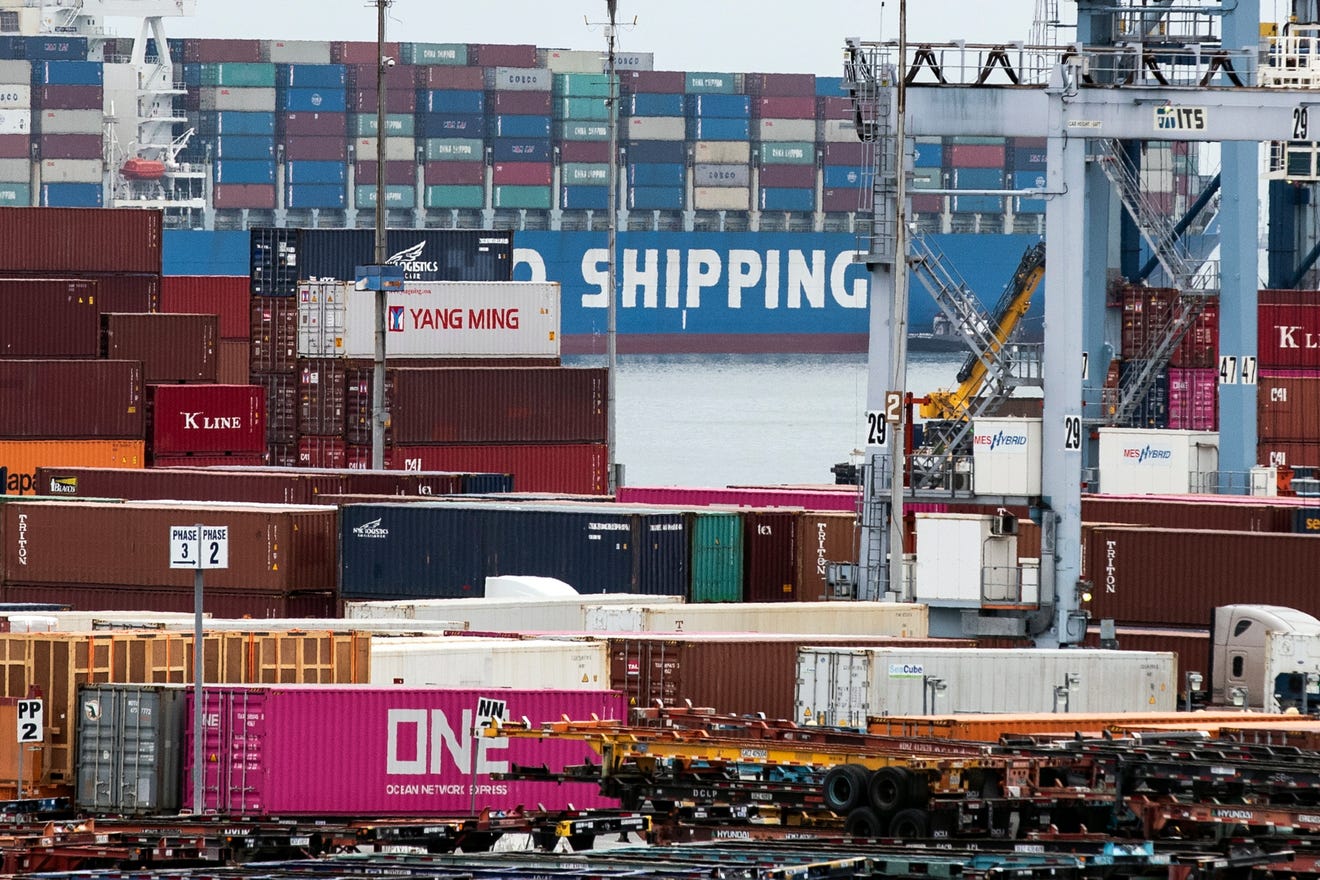 China Quietly Eases Tariffs On Select Us Products
Apr 28, 2025
China Quietly Eases Tariffs On Select Us Products
Apr 28, 2025 -
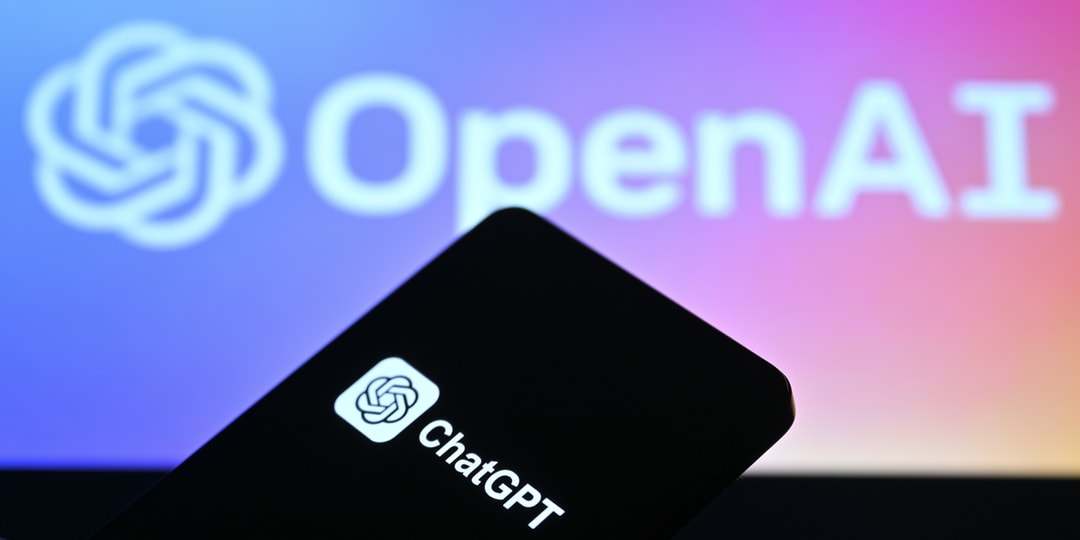 Chat Gpt Developer Open Ai Under Ftc Investigation Key Questions Answered
Apr 28, 2025
Chat Gpt Developer Open Ai Under Ftc Investigation Key Questions Answered
Apr 28, 2025 -
 Gaza Ceasefire Talks Hamas Leaders Meet In Cairo As Trump Advocates For Aid
Apr 28, 2025
Gaza Ceasefire Talks Hamas Leaders Meet In Cairo As Trump Advocates For Aid
Apr 28, 2025
Latest Posts
-
 Walk Off Win For Pirates Yankees Lose In Extra Innings
Apr 28, 2025
Walk Off Win For Pirates Yankees Lose In Extra Innings
Apr 28, 2025 -
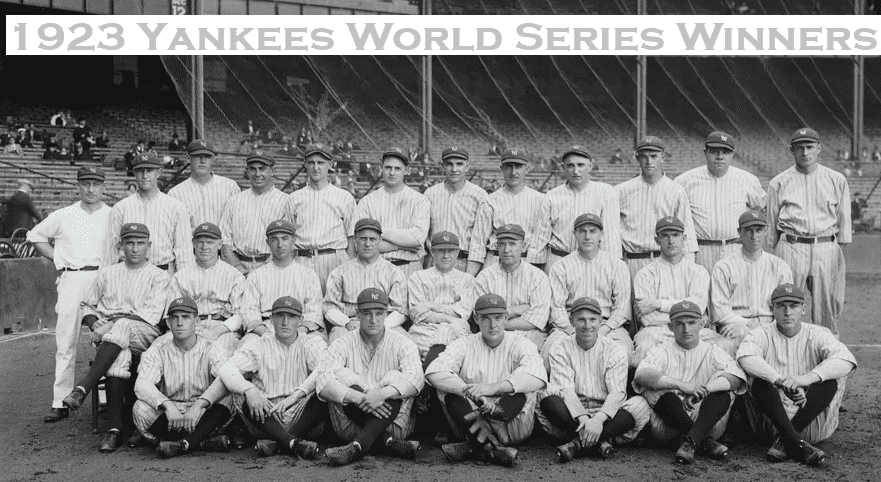 A Win For The Yankees Judge And Goldschmidts Impact
Apr 28, 2025
A Win For The Yankees Judge And Goldschmidts Impact
Apr 28, 2025 -
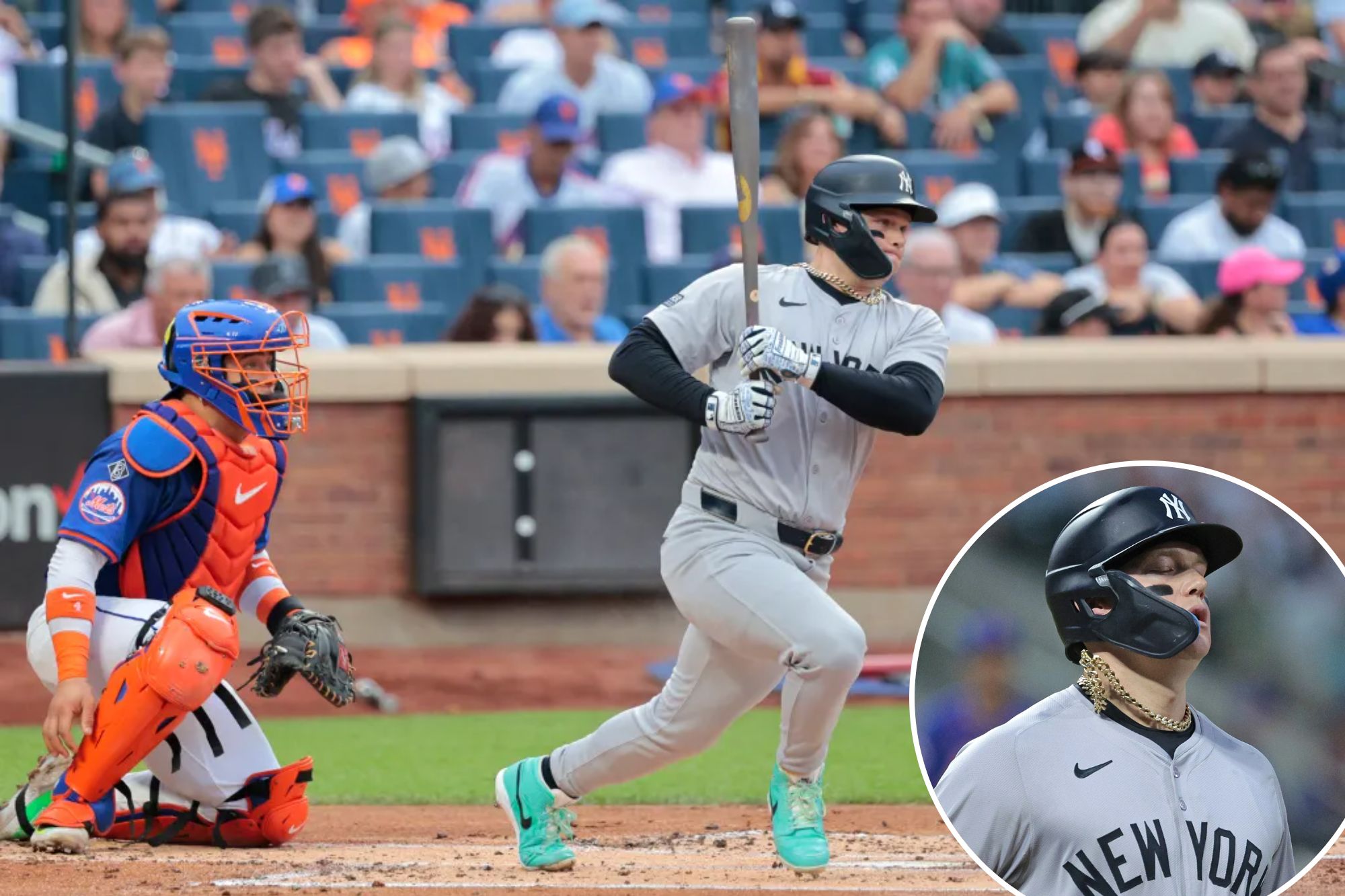 Yankees Fall To Pirates On Walk Off In Extra Innings Game
Apr 28, 2025
Yankees Fall To Pirates On Walk Off In Extra Innings Game
Apr 28, 2025 -
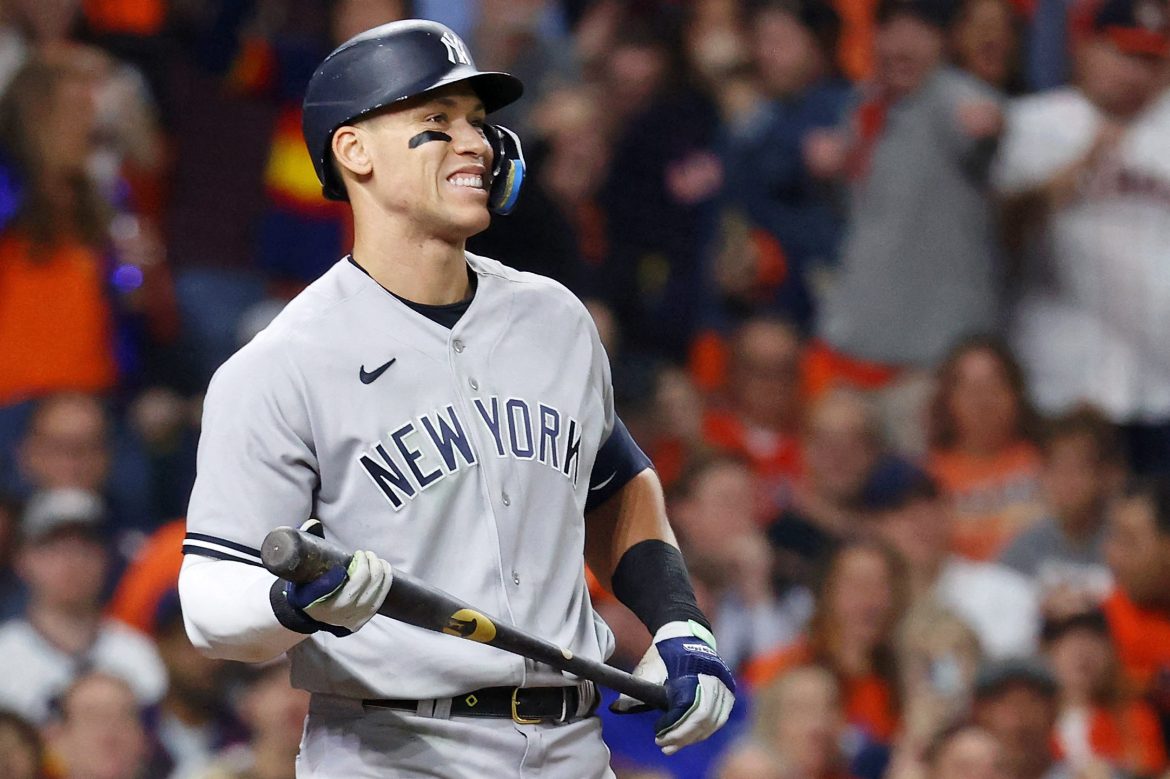 Aaron Judge Paul Goldschmidt Propel Yankees To Hard Fought Victory
Apr 28, 2025
Aaron Judge Paul Goldschmidt Propel Yankees To Hard Fought Victory
Apr 28, 2025 -
 Pirates Win Walk Off Thriller Against Yankees In Extras
Apr 28, 2025
Pirates Win Walk Off Thriller Against Yankees In Extras
Apr 28, 2025
